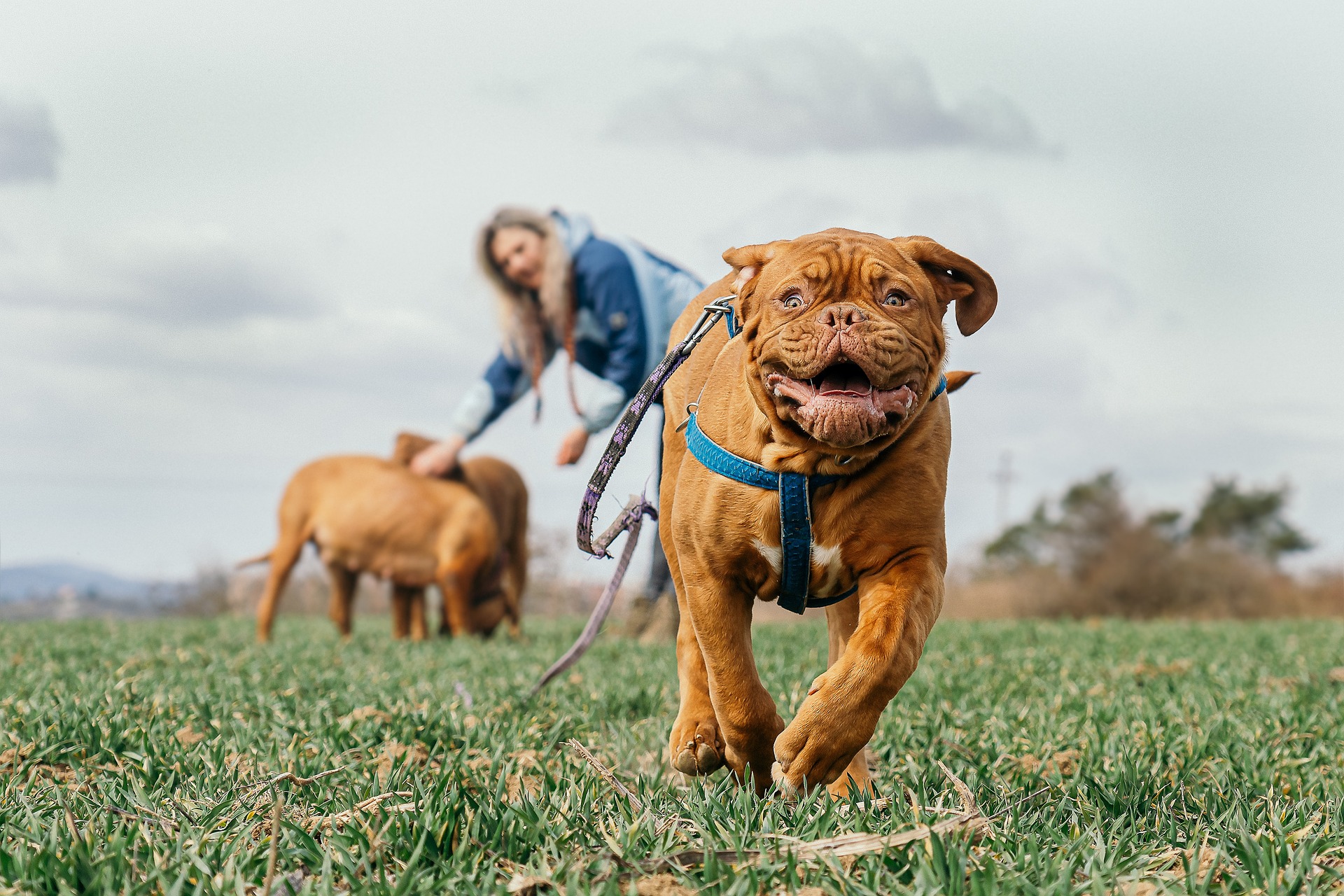Balancing Play and Rest: The Importance of Sleep in a Pet's Life
From a kitten snoozing in a sunbeam to a puppy plopped out after a play session, it's evident that sleep is a significant part of a pet’s life. But despite this, it is a frequently overlooked aspect of our pets' health and wellbeing. The impact of sleep on our pets' mental and physical health cannot be understated, and understanding this can help us become better pet parents.
The Science of Sleep in Pets
Like humans, animals have circadian rhythms curated by environmental cues such as light and temperature. This internal clock regulates sleep patterns, influencing the timing, duration, and even depth of sleep. The American Veterinary Medical Association indicates that adult dogs spend about half their day sleeping, with cats sleeping for up to 16 hours. However, unlike humans, pets don’t sleep in one long stretch, but in frequent short periods throughout the day.
Learning from Sleep
Sleep also plays a crucial role in cognitive function. For pets, sleep goes beyond resting their bodies. It’s also a time for their brains to process new information and memories. Puppies and kittens, for instance, need sleep after training sessions for optimal learning outcomes.
Sleep and Physical Health
Good quality sleep is essential for a pet’s physical health. It aids important bodily functions, such as regeneration of cells, restoration of energy, and bolstering the immune system. Pets suffering from insufficient or disturbed sleep might exhibit fatigue symptoms, diminished appetite, decreased activity, and even mood swings.
Spotting Signs of Sleep Problems in Pets
While pets can’t tell us about their sleep troubles, they often show changes in behavior. Look out for signs like restlessness at night, increased aggression, increased lethargy during the day, changes in feeding habits, or unusual vocalization. If you notice such changes, consult with a veterinarian to rule out underlying health issues.
Improving Your Pet’s Sleep Quality
Here are a few ways pet parents can cultivate an environment conducive to quality sleep for their pets.
- Provide a comfortable sleeping area that’s quiet, warm, and cozy.
- Maintain a consistent routine with regular meal times and exercise.
- Avoid late-night feeding to prevent sleep disruption.
- Limit caffeine and chocolate, both of which can have a negative impact on your pet’s sleep cycle.
- The average adult dog sleeps for about 12 to 14 hours a day.
- Cats typically sleep up to 16 hours a day.
- Puppies and kittens require around 18 to 20 hours of sleep per day.
- Sleep problems in pets could be symptomatic of underlying health issues.
- Steps to improve a pet’s sleep quality include providing a comfortable sleeping area, maintaining regular routines, and avoiding late-night feeding.
In conclusion, sleep is a fundamental component of your pet’s day, influencing mental aptitude, physical health, and overall quality of life. While it’s normal for pets to have different sleep patterns than their human companions, it’s essential to take note of any sudden changes and consult with a veterinarian if necessary. By understanding and addressing your pets’ sleep needs, you can ensure they have a balanced daily routine that promotes their overall well-being.





